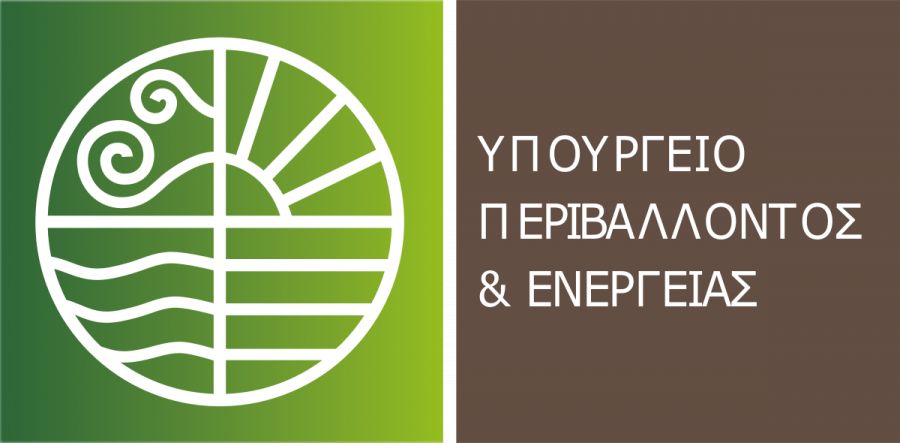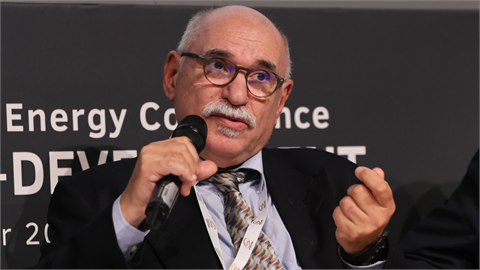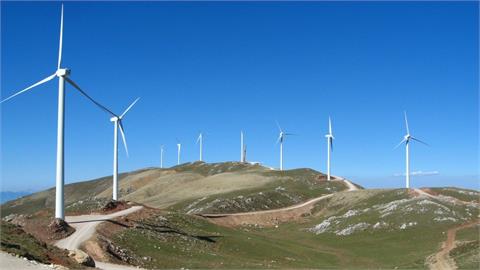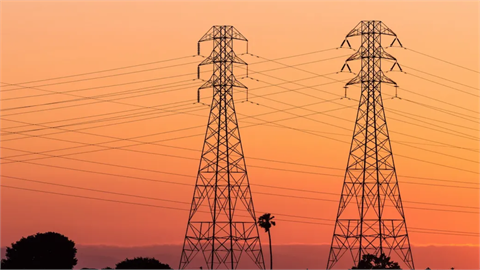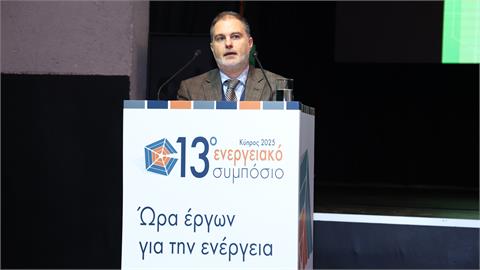In the context of the public consultation for Greece’s National Energy and Climate Plan (NECP), IENE submitted detailed comments and observations on ΝECP’s draft text. Following a thorough examination and analysis of the proposed plan in collaboration with the chairmen of the Institute’s Scientific Committees as well as staff members,
In the context of the public consultation for Greece’s National Energy and Climate Plan (NECP), IENE submitted detailed comments and observations on ΝECP’s draft text. Following a thorough examination and analysis of the proposed plan in collaboration with the chairmen of the Institute’s Scientific Committees as well as staff members, the Institute submitted its comments on December 16. Earlier, on December 9, a special meeting between the chairmen of the Institute’s Scientific Committees as well as the Electricity Committee took place, and was chaired by Andreas Petropouleas, head of IENE’s Electricity Committee. The meeting was dedicated on the discussion of the NECP thus assisting IENE’s management in the formulation of the Institute’s response.
IENE's general suggestions focused on the need to introduce tangible measures for RES objectives instead of the broad guidelines which appear in NECP, proposing that a more extensive reference is made on liquid fuels and natural gas through the addition of separate subsections in the NECP as well as highlighting the importance of operational research and implementation plans, especially with regard to the extension and upgrading of electricity grids that will help achieve the objective of high RES penetration.
IENE also tabled more specific suggestions concerning the achievement of high RES penetration targets in the Non-Interconnected Islands (NII) through the introduction of innovative technologies, the utilization of large hydroelectric plants with reservoirs and the integration of electricity storage systems in the grid. Commentary was also contributed concerning the upgrading of the energy efficiency target for public buildings, the protection against cyber-attacks in the proposed digitized energy system, the integration of CO2 capture systems and technologies (CCS / CCU) in combination with decarbonization measures, the spatial planning of RES, the use of hydrogen as a prime fuel as well as to the more extensive use of natural gas as an alternative fuel for domestic baseload as well as the need for higher geothermal energy targets. Furthermore, IENE stressed the need that policy should also target cost competitive RES and focus on promising actions.
IENE's extensive comments also include suggestions for raising awareness in local communities about energy transformation through education for decarbonization, elaborating on the role of liquid fuels in the energy transition, as well as for competitiveness, energy security and investment. Read IENE's comments in more detail by following the link below: http://www.opengov.gr/minenv/?c=27975
